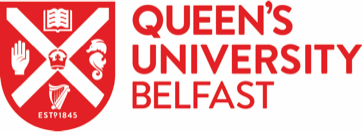
Does religious exogamy (mixed marriage) increase the risk of marital dissolution in Northern Ireland?
There is now a significant body of evidence that marital dissolution (divorce and separation) is detrimental to health for a significant segment of the population and to their children. Although much has been written of the standard demographic and socio-economic factors influencing risk of divorce, much less is known about the effects of interpersonal differences between the partners. Intercensal births and data accounting for deaths within the household are also included to allow adjustment for known stressors on marriage.










